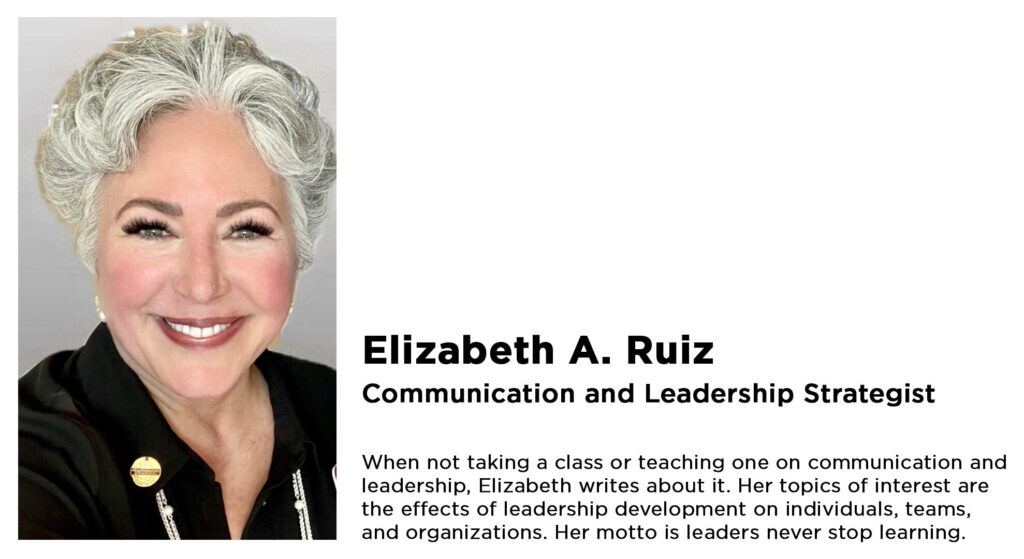5 Tips for Standing Out and Getting Hired at a Job Fair
A job fair can be a great opportunity to network with potential employers and get your foot in the door of a company you’re interested in. However, with so many people in one place, it can be tough to make yourself stand out.
If you’re just handing out your resume and hoping for the best, you’re not going to get very far. To increase your chances of getting hired at a job fair, follow these tips:
1. Do your research: find out which companies will be in attendance and what positions they want to fill. This will help you tailor your approach.
2. Have a professional-looking resume: your resume is your first impression, so make sure it’s good!
3. Dress for success: dress as though you’re going to an interview – first impressions count, after all.
4. Be prepared to answer common interview questions: practice makes perfect, so take the time to brush up on your interview skills.
5. Follow up after
Do Your Research
Doing your research is the key to success in any job search, but it’s especially important at a job fair. Before heading to the job fair, make sure to research which companies will be attending and what roles they’re looking to fill. That way, you can tailor your approach to the employers and make sure you’re applying for the right positions. You should also read up on the companies and their recent news, as well as get an understanding of their company culture and values. Employers are more likely to take notice of applicants that demonstrate their knowledge of the company through thoughtful questions.
Be Confident
Showing confidence is key to standing out in any job search, and a job fair is no different. When talking to employers, stand up straight, make eye contact, and use your best communication skills. Don’t be afraid to showcase your enthusiasm and excitement for the role. Employers are looking for someone that can enthusiastically represent their brand, so make sure you exude confidence and energy when talking to them.
Be Engaging
A job fair is an opportunity to make a great first impression. Make sure you take the time to talk to employers. Have meaningful conversations and ask questions to show that you are interested in the role and the company. Ask questions about the role and the company culture to demonstrate your enthusiasm. Having a few stories or experiences in mind is also a good idea to make your conversations more engaging.
Have a Pitch Ready
When talking to employers at a job fair, you should always have a “pitch” ready. A good pitch should outline your skills and experience and show how you could benefit the company. It should be about a minute long and should include why you’re the perfect candidate for the role. Make sure you practice your pitch beforehand – being able to deliver it confidently and coherently will show that you’re prepared.
Wrapping Up
Job fairs can be an intimidating experience, but with the right preparation, you can make sure you stand out. Do your research and practice your pitch beforehand and be confident and engaging when talking to employers. Follow up with the employers afterward to show your interest in the role. With these tips, you’re sure to impress employers and land yourself a job.
Connect with Elizabeth on LinkedIn or her website sldpro.com.










